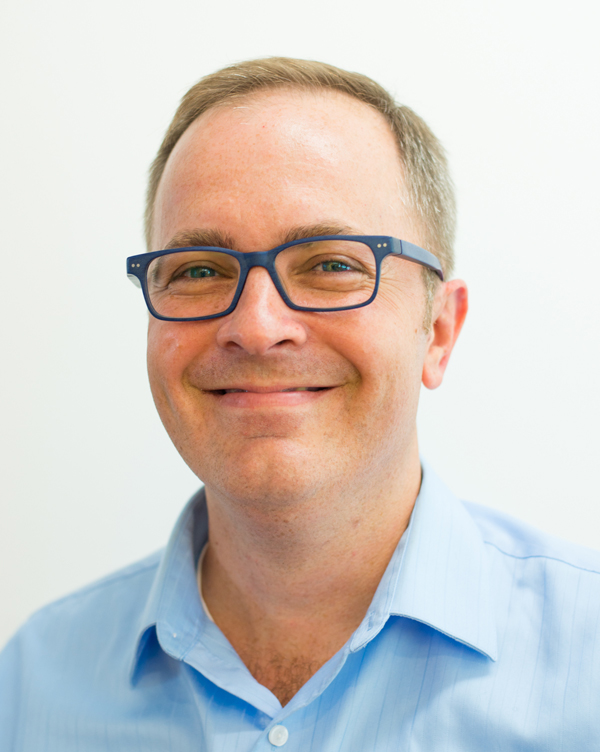
Willy Lensch, PhD
M. William Lensch, PhD, is Associate Provost for Research at Harvard University and a Lecturer (part-time) in the Department of Global Health and Social Medicine at Harvard Medical school (HMS)l. He received his PhD in Molecular and Medical Genetics from Oregon Health Sciences University where he studied hereditary bone marrow failure and leukemia predisposition syndromes at the Portland Veteran’s Administration Medical Center. Dr. Lensch is a past Fellow of the Center for Bioethics. His professional portfolio within the provost’s office spans the schools of Harvard and provides high level management/guidance for interfaculty research and educational initiatives (IFIs) in the physical, life, and social sciences. His work in bioethics includes issues related to rare diseases, genetic modification, use of human tissues in research, stem cell biology, human/animal chimeras, and the disposition of human remains in museum collections. Dr. Lensch has served in various external roles including as a gubernatorial appointee to the State of Connecticut’s Stem Cell Research Advisory Committee, a member of the Public Education Committee of the International Society for Stem Cell Research, and as Chair of the Bioethics Subcommittee of the national American Heart Association. His recognition includes multiple Certificates of Distinction in Teaching from Harvard’s Derek Bok Center for Teaching and Learning, the Staff Family Prize for Excellence in Student Advising, and HMS’s Daniel D. Federman Staff Award for Exceptional Service, the latter for his role in the founding, operation, and ongoing strategy of the Massachusetts Consortium on Pathogen Readiness (MassCPR) during the global COVID-19 pandemic.
Leukemia
View full abstract on Pubmed
Am J Med Genet
View full abstract on Pubmed
Cancer
View full abstract on Pubmed
Neurology
View full abstract on Pubmed
Neurology
View full abstract on Pubmed
Hum Mol Genet
View full abstract on Pubmed
Science
View full abstract on Pubmed
Cell
View full abstract on Pubmed
Neurology
View full abstract on Pubmed